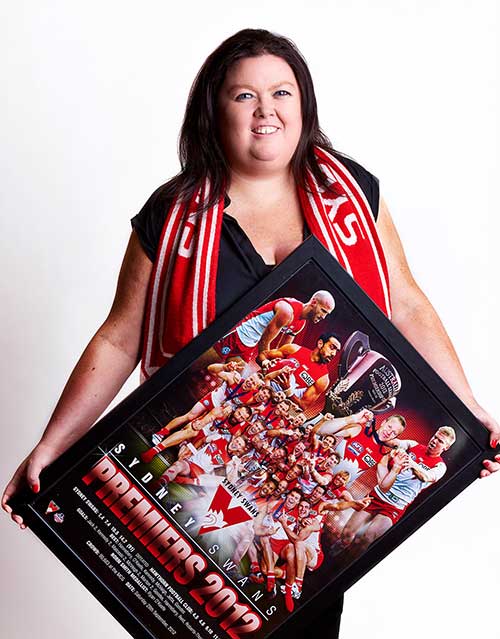Saving for a home deposit while paying hefty rental fees can make buying your first investment property or home challenging. But the good news is that, with a professional mortgage broker by your side to give you access to a wide variety of potential lenders, you can be approved for a mortgage based on your ability to pay rent, even if you don’t have a lot of money in the bank.
It’s important to note that, of course, you still will need a deposit but if you do have a solid rental history, some lenders are happy to accept this as proof that you are capable of putting money aside on a regular basis – in the same way others make regular deposits into a savings account.
Just what your actual borrowing power is will vary and depends on how long you’ve been renting – and the amount of rent you pay.
How your rental history can help you access a home loan:
- 12-month rental history:
Sone lenders will let you borrow up to 97% of the purchase price (LVR), inclusive of Lenders Mortgage Insurance (LMI).
- 6-month rental history:
You may be able to borrow up to 95% LVR.
- 3-month rental history:
Potentially, you may be able to borrow up to 95% LVR.
What if I have a private landlord?
Most lenders require that your rental history is with a licensed real estate agent but there is an exception. If your rental history is more than six months and you have a formal tenancy agreement in place, supported by proof of rental payments via bank statements, some lenders can still help you.
What if I’m renting in a share house?
To be eligible, it’s important that the lease is in your name, or, if you are applying for a home loan as a couple, the lease can be in you and your partner’s name.
It’s possible that you may still qualify, even as a resident in a share house, as long as you can prove a positive track record of rental payments made on time, via bank statements – and your name is listed on the formal tenancy agreement.
Remember – banks won’t examine your complete rental history to see if your rental payments equal 5% of the loan amount you’re borrowing but your rental payment history is an important document to show your ability to manage mortgage repayments.
Request your rental ledger from your real estate agent
To qualify for a rent as genuine savings mortgage, you need to prove your commitment to prompt rental repayments – in full and on time – for at least 12, 6 or even 3 months. Accessing a rental ledger from your real estate agent shows your payment history and is an important document your mortgage broker can utilise to help you apply for a home loan.
A 5 per cent deposit
By proving that you have paid rent on time and in full for a minimum of 3 months, some lenders accept the following as part of your deposit:
- Gifted deposit from parents: The gift must be deposited into your account and supported by a signed gift letter from your parents, explaining that their financial gift is non-refundable.
- Bonus/dividend/commission income: Providing a payslip and bank statement is important as evidence of payments.
- Inheritance: A letter from the estate’s Executor must confirm the amount inherited – and date that the inheritance funds will be received.
- Sale of a non-real estate asset: Providing evidence confirming the details of the asset that you sold – whether it is a car, motorbike, art work or other valuable asset – is another way to prove your access to funds.
- Tax Refund: The ATO Notice of Assessment proves your income for previous financial years.
- First Home Owners Grant (FHOG): If you qualify for FHOG in your state, banks will accept this as part of your deposit.
- Personal loan: Depending on your lender, this may be a policy exception.
Solid financials
Your credit file should be clear of defaults and you should be able to prove you have stable employment. In addition, any unsecured debts, including credit cards or personal loans, should be minimal. To prepare for a successful mortgage approval, it pays to reduce any unsecured debts first.
Does the rent you pay need to match potential mortgage repayments?
There is no clear policy around this, although some lenders may require that the current rental amount you pay is roughly comparable to your fortnightly or monthly mortgage repayments.
Proving your capacity to service a home loan is always important but for more insights, talk to a trusted mortgage broker, who can give you access to a diverse range of lenders.
Are there other non-genuine savings solutions?
By using a guarantor, you can avoid the genuine savings requirement and boost your borrowing power. Think about this option carefully, though. Family relationships are precious and by letting financial stress interfere, it can lead to problems between loved ones. Guarantor commitments aren’t the right choice for everyone and it is important to seek professional advice to help you make the best possible decision for everyone involved.
For more information about how you can access a mortgage to suit your unique financial circumstances, talk to our home loan experts at Lending Specialists today.










